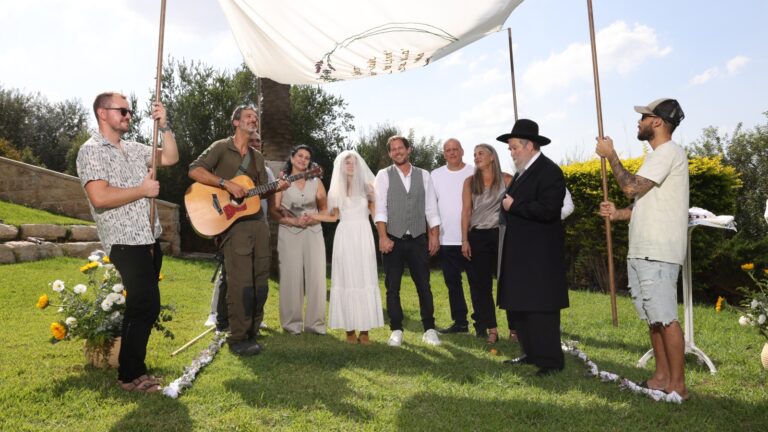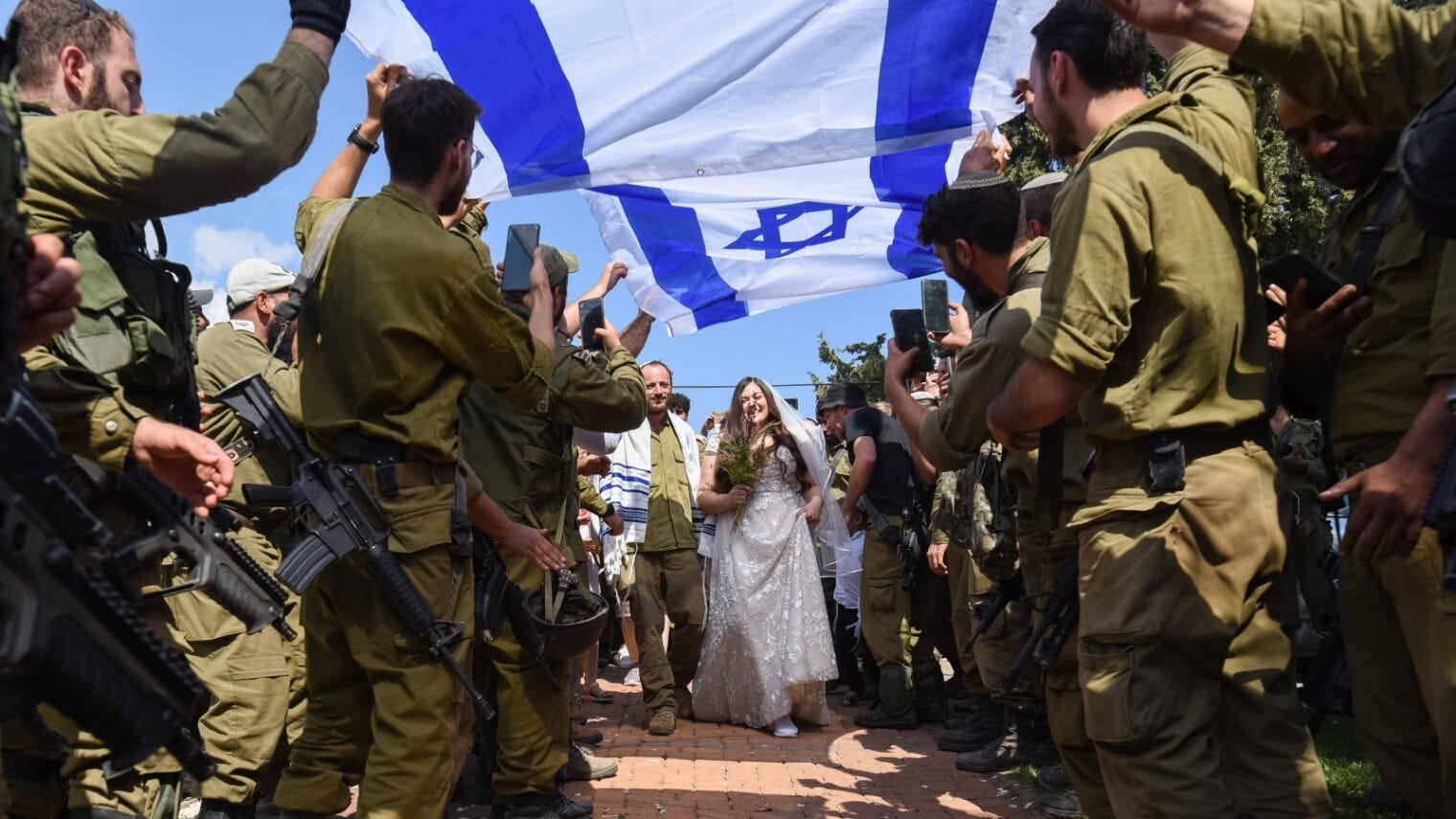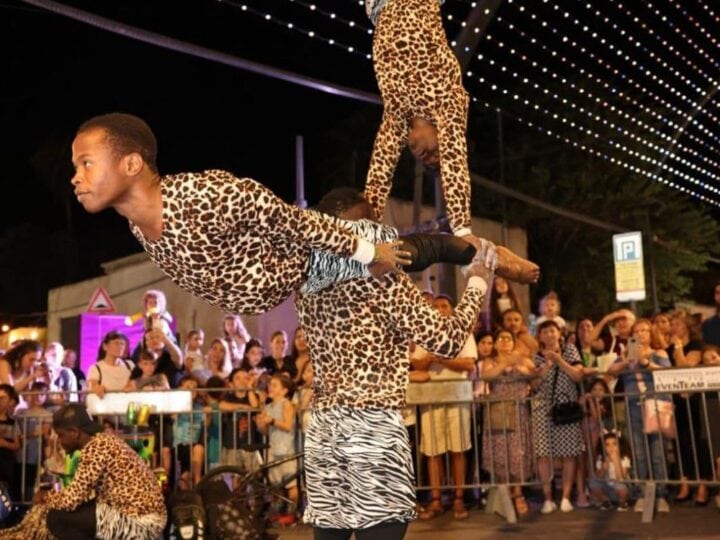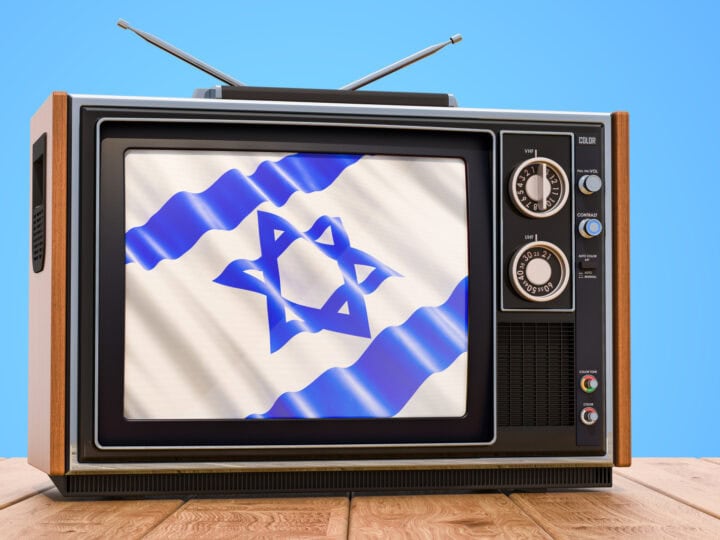An unexpected photograph popped up in the WhatsApp group for families of soldiers in my son’s reserve duty unit. It showed a pretty dark-haired bride in a summery white dress. Alongside her the groom, not in a fancy suit, but in his olive-green uniform.
The message that followed was upbeat: “Daily briefing: Today we celebrated the wedding of a friend from the unit. It was a ceremony out in the field with Assaf Amdursky [a well-known singer] serenading the couple, followed by [Eurovision winner] Netta Barzilai!”
A barrage of joyful congratulatory messages followed. I added my own mazal tov and wished them well. But, a knot in my stomach signaled a twinge of sadness.
Yes, I was proud of how they grasped optimistically at life in the shadow of war, but it also reminded me of those stock scenes in war movies. You know, the ones where a young couple kiss passionately at the train station before he goes off to war. Heart-wrenching scenes follow.
Still, I thought the wedding photograph attested to an extraordinary event and it was well worth sharing with friends and family, to uplift them at this difficult time.
It didn’t take long before I realized this was not a unique celebration. Couples were hastily getting married on army bases or at homes all over the country.

Even Naftali Bennett, Israel’s former prime minister, commented on his Meta page that he had recently attended four or five nuptials. He posted a photo of Tamar and Adir, a beaming couple whose wedding took place down south on Kibbutz Urim.
“You don’t need a fancy ballroom, or catering and a band. Not even a wedding dress. It’s also possible in a uniform, with a military rabbi, and a bottle of military Patish wine and chicken and rice from the regiment cook,” Bennett wrote.
This phenomenon was nothing short of a triumph in his eyes: “The victory over our enemies will not be only in the scourge of hell that we unleash on them on the battlefield, but also in the creation of a new life for us, the Jewish people, here in the Land of Israel. Out of our terrible pain will come optimism and we will build a new generation in faith.”
Playgrounds during war
Another life-affirming post popped up on my Meta news feed.
The municipality where I live invited children and their parents to “go out and get some fresh air in the playgrounds of the city that were equipped with a public bomb shelter.”
Perhaps if you live in Scandinavia you would find this macabre. But living in our part of the world, my reaction was one of pride. In no other country could I imagine a municipality reaching out during wartime to help families add some normalcy to their lives.
Fifteen playgrounds were on the list. I know the park with bomb shelter number 35 well. It’s where Rosie, my dog, likes to take a long sniff break during our morning walks.
The strange, slanted structure usually intrigues me. As I didn’t grow up in Israel and have never before lived through a war, I see them as a relic. Much in the same way you could view London Tube stations that served as bomb shelters during the Blitz.
Today, most homes in Israel, including mine, have built-in safe rooms and we don’t need a public bomb shelter. We also have early-warning systems and the Iron Dome to intercept rockets, which means we don’t spend days holed up.
Now these public bomb shelters gained importance and meaning for me as they were allowing kids to go out and play in the park.
Here, however, a clarification is necessary. My city is situated in the Sharon region, 20 minutes north of Tel Aviv, and has thankfully up to now only had three sirens since war broke out, a minuscule amount compared to many other locales.
Every week the Home Front Command gives new regional guidelines and designates them with a different color. The Sharon area where we live is yellow at present, which allows educational activities and offices to function in place as long as a protected space can be reached within two and half minutes.
What a great Israeli attitude
Another initiative of the logistics officer in my son’s unit (the person responsible for setting up our WhatsApp group) was for each girlfriend or family members to send in a video message to compile into a clip that would be shown to the soldiers before the start of the Sabbath.
Around 20 families participated. We were the only family to speak in English and except for one message in Russian, everyone spoke unaccented Hebrew. I am sure we were the only ones to not have done army service here (both my husband and I immigrated to Israel as adults after conscription age).
Our family sat in a line on our sofa and I spoke heavy-hearted, with a somber expression on my face, telling our son of the faith we had in him and of our love.
What struck me about the other messages was their exuberance and informality. Kids jumped up and down as they blew kisses to their dads, wives and girlfriends told their partners in strong voices how much they missed them and how proud they were of them.
I realize it has taken me 33 years and a war to finally realize the true strength and beauty of the indomitable Israeli spirit.
















